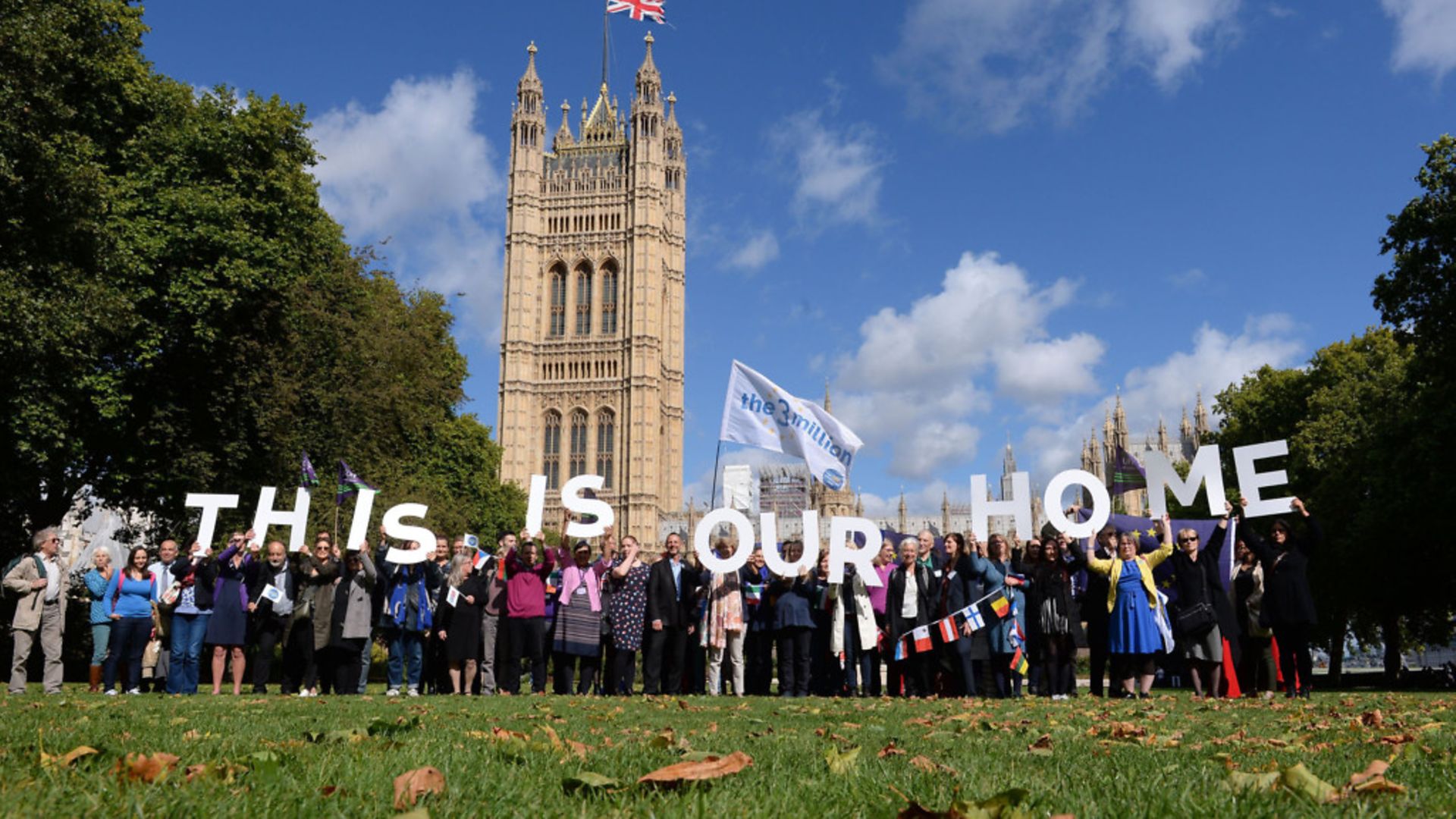Is the news the government will not challenge a court judgement which says rules affecting millions of EU citizens living in the UK under a scheme designed to settle their immigration status after Brexit are unlawful a sign, as many on Twitter are hoping, of an eventual return to freedom of movement?
In short: no.
But might it be a sign of hope that Rishi Sunak’s government is choosing to pursue a path of avoiding lengthy and probably unwinnable legal cases in the hope of a supportive Daily Express headline and a stay of execution from the European Research Yet? Quite possibly yes.
To keep a complicated case brief, Suella Braverman’s Home Office has confirmed it will not appeal against a High Court judge’s ruling in December – despite previously indicating that it intended to do so – that part of the settlement scheme it set up is based on an incorrect interpretation of the withdrawal agreement between the UK and the EU.
The scheme would have seen more than two-and-a-half million EU citizens face automatically losing their right to stay in the UK if they did not make a further application for settled status or pre-settled status within a five-year time period.
In December the government insisted it would be appealing the judgement, with junior minister Lord Murray insisting: “The EU Settlement Scheme goes above and beyond our obligations under the Withdrawal Agreement, protecting EU citizens’ rights and giving them a route to settlement in the UK.”
Now, though, it has backed down, almost certainly a combination of two things: one, probable internal legal advice that the government was in the wrong and faced a costly and unwinnable appeal.
And secondly, while his predecessors Boris Johnson and Liz Truss would have embraced what Brexit supporters would have seen as a battle with the EU, no matter how arcane (and not, technically, with the EU – the case was brought by the Independent Monitoring Authority, the watchdog set up by the government itself to look after EU citizens’ rights in Britain after Brexit), Sunak appears to have other priorities.
As former deputy prime minister and the Tories’ last Europhile standard, David Lidington, wrote in these pages last month: “Since coming to office, Rishi Sunak has made clear he wants good relations with the continent… he has not recanted that choice [to back Brexit], but he still wants good relations.”
The decision not to appeal the judgement is significant and sensible, even if the government’s hand was forced both legally and diplomatically.
The European Research Group will gnash and wail. But it’s a significant win for them, too, in a way. The case was brought by a British watchdog, ruled on by a British court, and the ruling will be abided by a British government. Not a European court or institution in sight: taking back control of our borders – couldn’t there be a better example of what they wanted all along?











